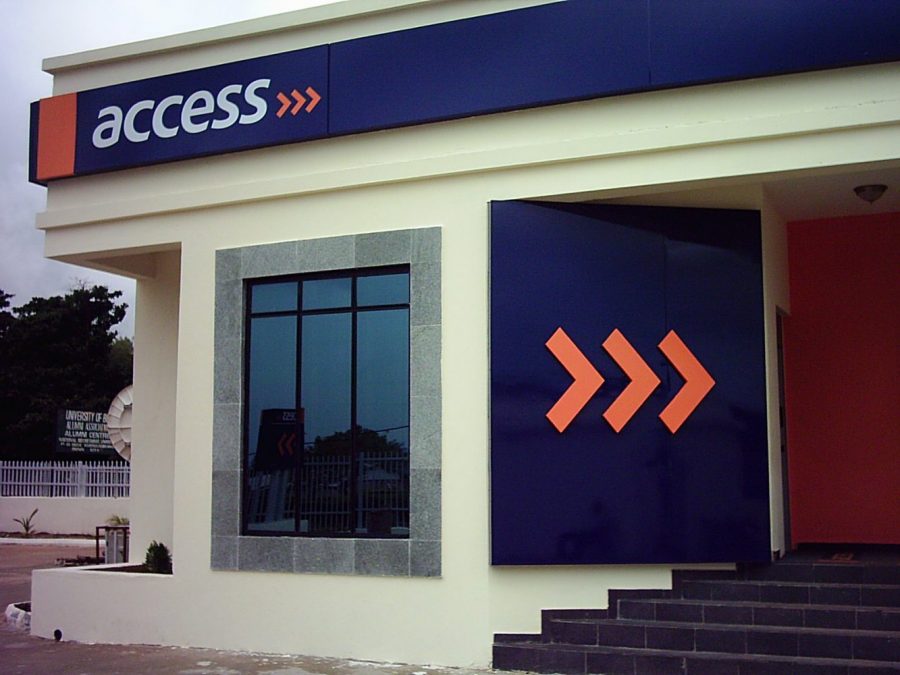In the previous published article, we discussed the opening conversations I had with a group of industry friends to the core reasons commercial banks turn down so many small–business loan requests. We shall consider the rest in this concluding segment;
- Underwhelming Cashflow Metric: “This, for many companies, this is a really big challenge, bro”, one of my investment banking friends stated. “Banks want to see evidence of a healthy cash flow, allowing them to gauge your company’s ability to repay the principal loan with its associate interest(s). And in timely fashion too. Poor cashflow puts a business’s financial stability into question, and anyone would rightly turn down your request”, he said.
Advice: “One nifty trick, only for extreme cases however”, a senior industry colleague reminded me, “particularly when you know your business is struggling with showing positive cashflow, is to sometimes, receive funds meant for your personal account into your business account, at least, to give the cashflow matric some bolster. It is also best to not hold any commercial account at a ‘Zero balance’, as this might reflect a total use of all the funds that come into your company’s account, meaning you hold nothing as profits and may struggle to resolve any sudden ‘cash calls’ should they arise. Remember, you are expected to pay your obligations from excess business proceeds, thus, it is best to show signs of a healthy business.
- Lack of a Properly Written Business Plan: “Ah! In fact, bros!” My tier–1 banking friend began in exclamation. “Na dis wan I dey use bounce plenty request pass”, he laughed. “If you do not understand your business well enough to articulate your industry and loan request to the bank in a properly written plan, with projections to match, do not expect me to do it for you. Too many things full my head like dis!” he chuckled.
Advice: A properly written business plan cannot be overemphasized. Remember, your account officer reports to other executives within the bank who may know little or nothing about your company. A thoroughly written plan therefore offers an understanding of your industry, the risks, the gaps you are trying to fill, financial projections, loan repayment schedule and subsequent business growth strategy. If you do not have the time, or do not know how, experts abound, but, do not think it free though…
- Inadequate Experience: “Look bros”, my tier–1 banking friend began, “I can smell industry inexperience from a mile away, better than even my bosses in certain instances. A few simple questions about your industry and business model. Any equivocations, and that is it, request turned down”, he hissed, to which the others sadly nodded acquiescence.
Advice: In essence, Limited experience in your industry or insufficient expertise, particularly in years of hands–on involvement in managing the business, can raise red flags for any lender. Industry experience counts, more than you think…
- Unrealistic Loan Request: “Ol’boy”, my corporate banking colleague began, “how can your business turnover in an entire year be N15million, which, to be honest is really not that bad for a small business, but you come to me requesting a N60million loan. How?!” he wailed, to which the others bellowed in laughter.
Advice: Asking for a loan amount disproportionate to your business capacity or revenue inflow raises grave concerns about your financial understanding of your own business workings and puts lenders at bay. Best to start small and grow your request as your business fortunes improve.
If you however truly require to effectively quintuple your debt-to-income ratio and are truly bullish on the eventual outcome, then perhaps a mix of an equity investment might be a path worth considering.
- Specific Industry Risks: Banks now employ economists, financial analysts and legal experts to help them analyze and consider the inherent risks associated with a range of industries and how any government, or regulatory body, policy can affect industries and subsequently, the bank. Businesses in certain volatile sectors, particularly commodity trading, or heavily import dependent companies that may face regulatory, local/global economic uncertainties may find it harder to secure financing as compared to businesses that may be, say, more export driven.
Advice: Understanding the risks inherent in your chosen industry, and then carefully itemizing these in your business plan, only adds vital marks to your understanding of what could go wrong with your business in both the short and long terms.
However, citing mitigating factors to these challenges and how you intend to surmount them, if or when they occur, will ensure your loan request is given more favorable consideration over a long list of others.
- Too much existing debt: “I once had a well-known client of ours”, my senior industry colleague began, “walk into our establishment and present such a fantastically designed business plan, one might had been tempted to offer the loan almost immediately”, he said but didn’t stop there. “That was of course, until we realized that ‘uncle’ had creatively tried to hide a pre–existing loan, advanced to his company by another commercial bank, and he thought we would not notice. The loan was so much, it was clear his request to us was in order to pay that down!”
Advice: If your business already has a lot of outstanding debt, most banks will know due to their interconnectivity, and certainly lead to a denial, or an approval with a much higher interest considering the risk of a default.
Best to be honest and yet frugal with your company finances. Keep the workforce lean but happy, only take on debt you are confident of repaying, and only in extreme situations should you take a corporate loan to pay down another as this is a classic recipe for business insolvency, and you do not want to go there with commercial loans.
Brain Essien is a financial analyst and business process consultant, with expertise in investment banking, business plan formulation and pitch deck design, crowd/private equity and seed fund brokerage. mcbrainandcompany@gmail.com.




















